Probiotics seem to be everywhere you look these days. Just take a trip to your grocery or health food store and you’ll find them lining the shelves.
These friendly bacteria can be found in the more well-known sources like yogurt and sauerkraut, to the downright unexpected like chocolate bars and protein powder.
All of these probiotics come touting extraordinary health benefits such as the ability to lower blood pressure and affect your mental health.
Gone are the days of thinking that probiotics only benefit your gut function.
But does everyone really need to be taking a probiotic supplement in order to obtain optimal health?
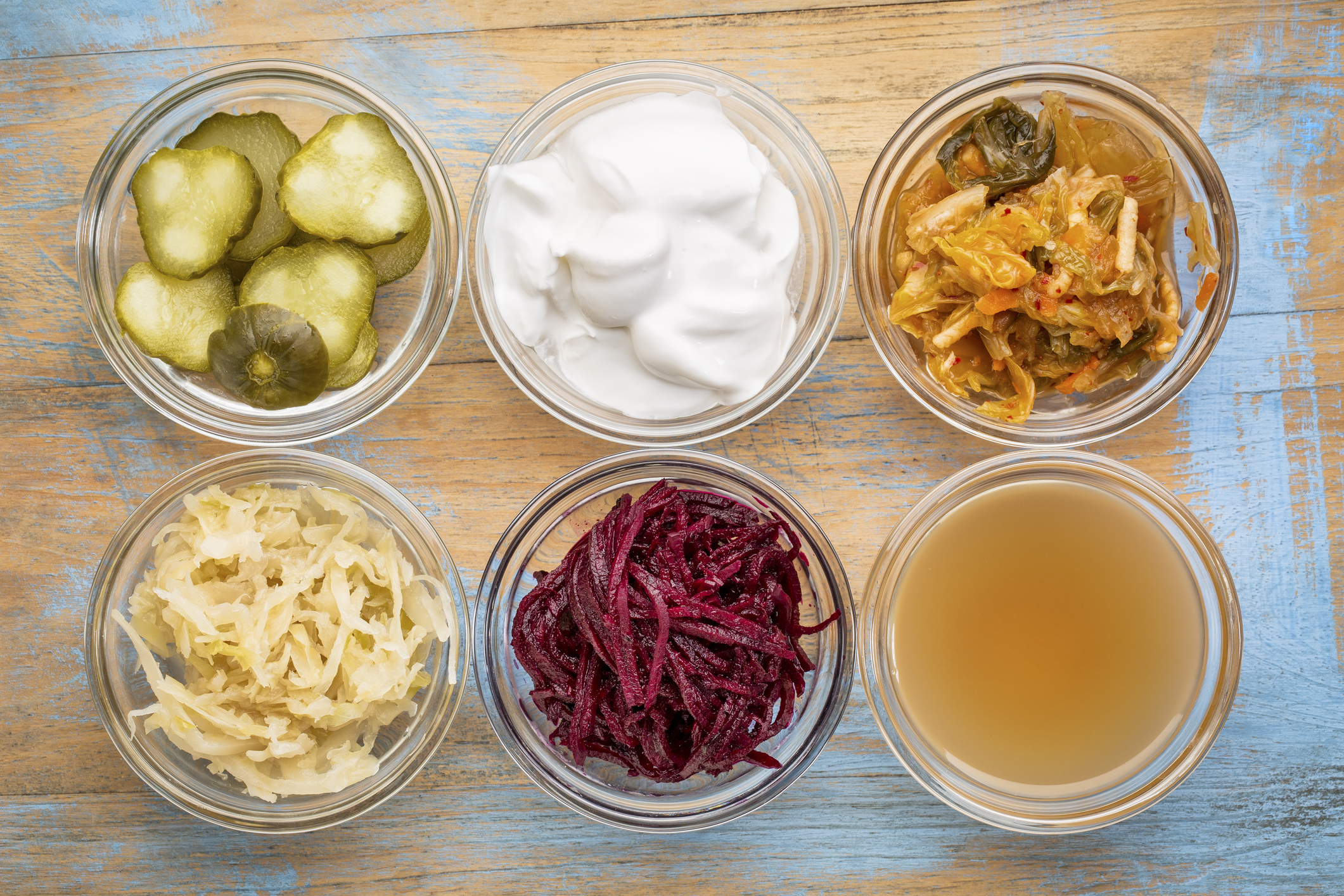
NOT EVERYONE NEEDS A PROBIOTIC supplement
If you are generally in good health, probiotic supplements are probably not necessary.
You’re better off getting your probiotics from raw, fermented food sources such as yogurt, sauerkraut, kimchi, or kombucha.
There’s usually greater diversity in the probiotic strains found in naturally fermented foods than are found in supplements, and you can even learn to ferment your own foods, which can be a lot of fun (and WAY less expensive than probiotics supplements!)
There are some cases though where supplementing with specific strains, or a large number of colony forming units (CFUs) would be most beneficial.
Keep reading below for a few reasons why you might want to consider taking probiotics.
Note: These are just a few of the reasons to supplement with probiotics. If you have questions about your specific situation, I would be happy to help!

IF YOU have constipation or diarrhea
When you’re not having normal bowel movements, you’re probably feeling a little desperate to get your daily poops back to normal. This is one of the most common reasons why someone might try out a probiotic.
And for many people, they get relief from using a probiotic for a short term bowel movement issue like constipation or diarrhea.
So if you’ve caught a stomach bug, or if you’re traveling and getting blocked up, using a probiotic for a few days or weeks can often times help you get back on track.
I personally usually pack a probiotic if I’m traveling somewhere where traveler’s gut issues are common, like Mexico, Costa Rica, and Haiti most recently.
Now, notice I said “short term” constipation or diarrhea as benefitting from a probiotic.
Does this mean that chronic constipation or diarrhea doesn’t benefit from a probiotic?
Chronic digestive issues can benefit from probiotics too. BUT (and this is a big but) probiotic supplements are rarely enough on their own to solve a chronic digestive issue.
And in the case of chronic infections like SIBO, you could actually make things worse by taking most probiotics.
So make sure you find a qualified practitioner to help you with these chronic digestive issues and don’t assume a probiotic pill will be enough to deal with constipation or diarrhea that’s been going on longer than a few days.
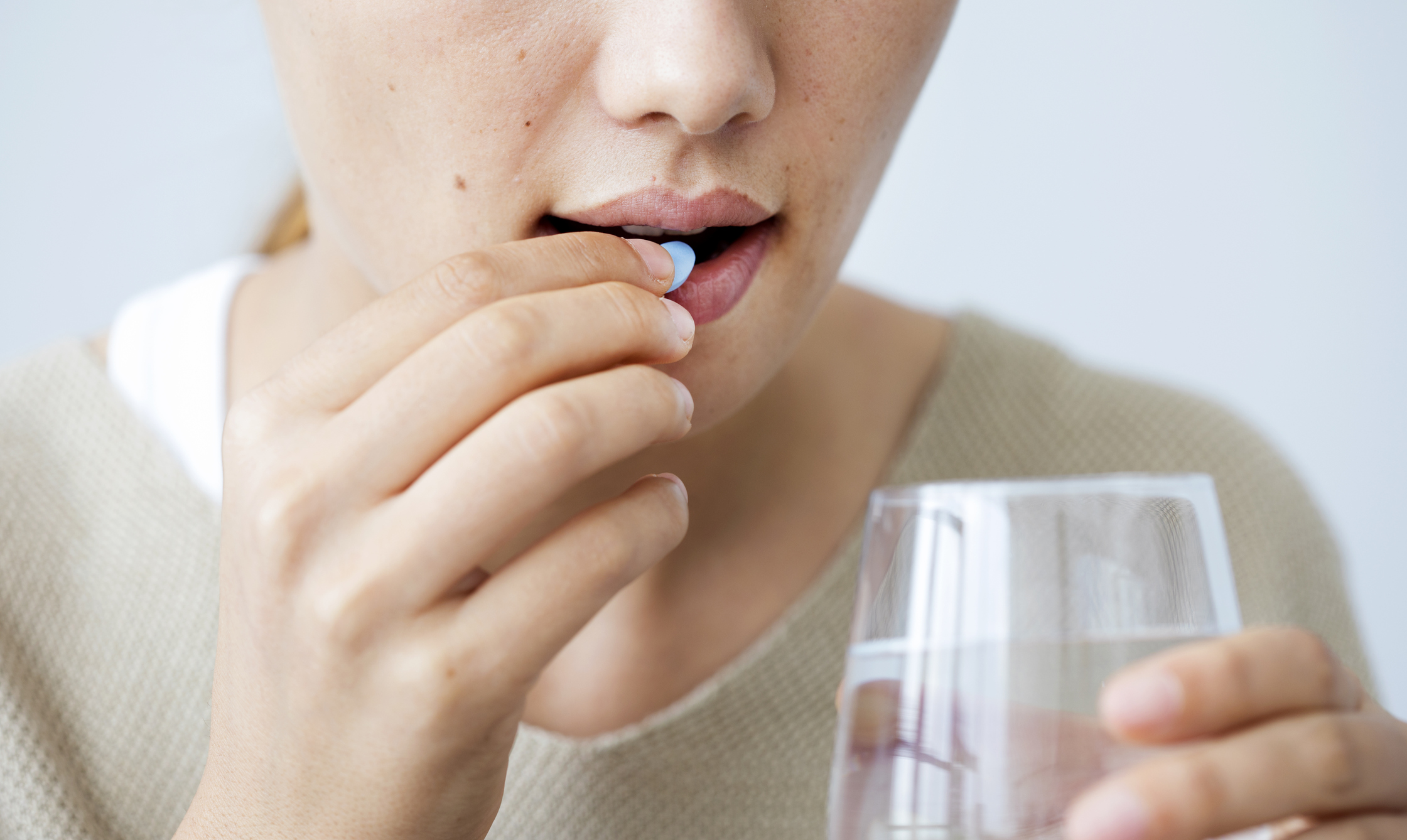
IF YOU ARE TAKING OR HAVE RECENTLY TAKEN ANTIBIOTICS
Antibiotics are one of the biggest necessary evils in the medical field. There are many cases (such as a UTI, bronchitis, or after surgery) where antibiotics are totally necessary, but they’re also very commonly over prescribed.
The main problem with antibiotics is that they not only kill the bad bacteria that are making you sick, but they also destroy much of the good bacteria living in your gut. When that happens, your gut bacteria (also known as your microbiome) can get out of balance.
By supplementing with probiotics both during and after your course of antibiotics, you can significantly reduce your chances of experiencing things like antibiotic-associated diarrhea, which results from the unfavorable changes in your microbiome caused by the antibiotic.
To protect yourself from some of the undesirable side-effects of antibiotics, popping a probiotic about two hours after your antibiotic may help!
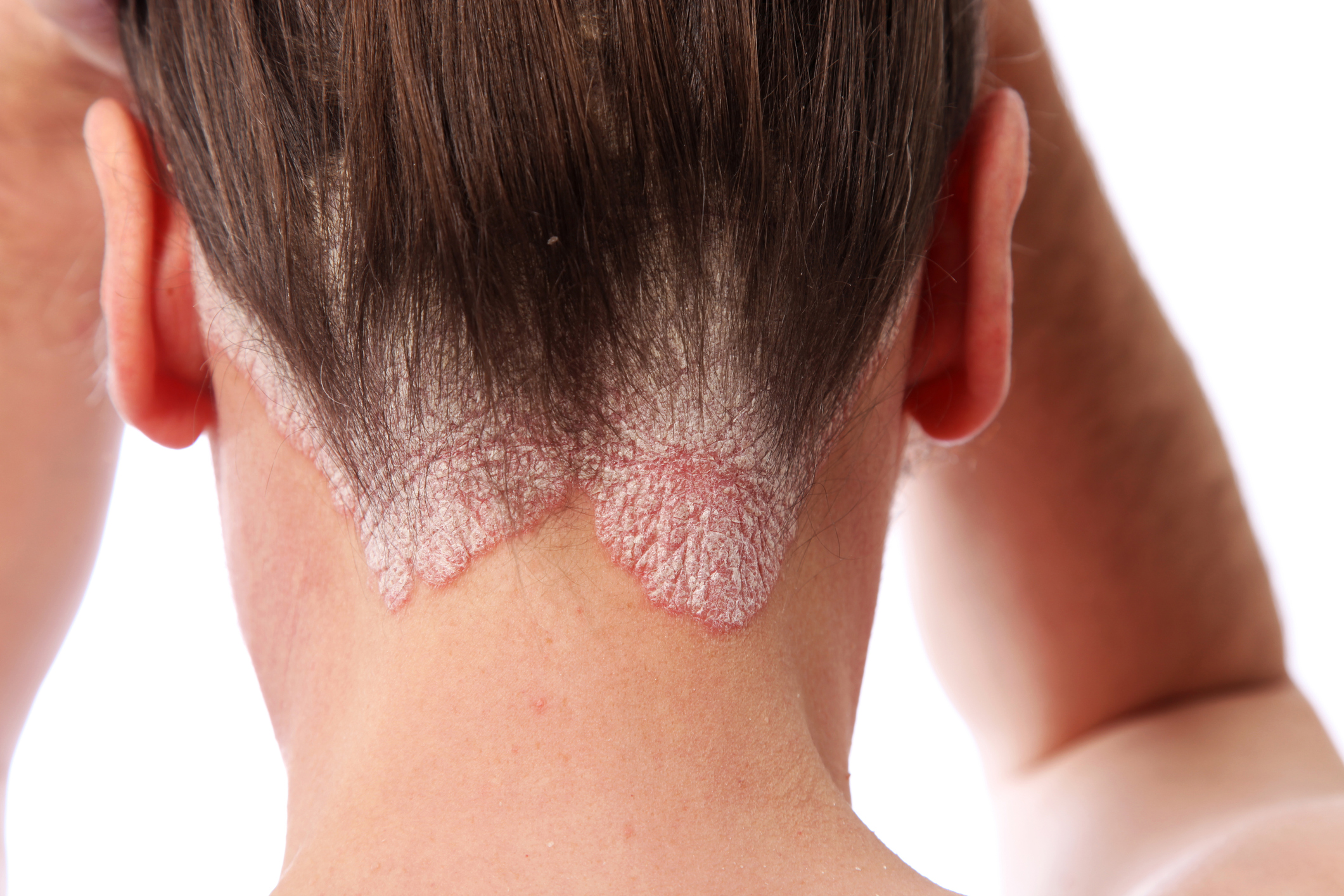
IF YOU HAVE An inflammatory SKIN CONDITION
Probiotic supplements can be beneficial for inflammatory skin issues like eczema and psoriasis. These skin conditions are often times linked to disturbances in the gut microbiome. And the gut-skin axis is a new area of research that confirms this important relationship between the health of our gut and the health of our skin.
Some evidence suggests that using certain strains of probiotics may be helpful in reducing the symptoms of eczema and psoriasis. And I’ve worked with clients who saw significant improvement in their symptoms when adding in probiotics that were shown in research to benefit these inflammatory skin issues.
Unfortunately, this research is still limited and there are many studies showing conflicting results. The jury is still out on which exact strains of probiotics help with inflammatory skin conditions, but this is a condition that I believe can potentially benefit from the use of probiotics.
An important caveat here is that a probiotic supplement is just one of the many tools used to improve skin issues, and should not be used as a sole treatment option.
There are many underlying causes of skin issues, including gut infections, micronutrient deficiencies, and food sensitivities. Don’t rely solely on probiotics when trying to solve skin issues like eczema and psoriasis.

IF YOU HAVE AN AUTOIMMUNE DISEASE
Autoimmune diseases seem to be more prevalent than ever these days. So if you are one of the 24 million Americans with an autoimmune disease, you might want to consider probiotic supplementation.
The types and quantities of bacteria in your gut can have an impact, either positive or negative, on your immune system. So those who have autoimmune disease in their family should pay close attention to the health of their microbiome.
When given in adequate amounts, probiotics can help to regulate the immune system. If your immune system is in hyperdrive (as it is with many autoimmune conditions) probiotics can help to slow it down to its regular pace. Probiotics can help optimize the beneficial bacteria in your gut, helping to better regulate your immune response.
New research is also showing that an imbalance in the gut microbiome may contribute to the triggering of autoimmune diseases in genetically susceptible people.
An altered gut microbiome can increase intestinal permeability (leaky gut), among a host of other things. Having a leaky gut can induce an autoimmune response, potentially triggering an autoimmune disease if you have the genes for it.
Taking a probiotic supplement can help to decrease intestinal permeability, as well as help maintain a healthy population of good bacteria in your gut, further strengthening your immune system.
Would you like to save this post?
Your email address is 100% safe and will never be sent spam.
Whether you currently have an autoimmune disease, or someone in your family does, supplementing with probiotics may be a good idea to help keep your immune system running smoothly.
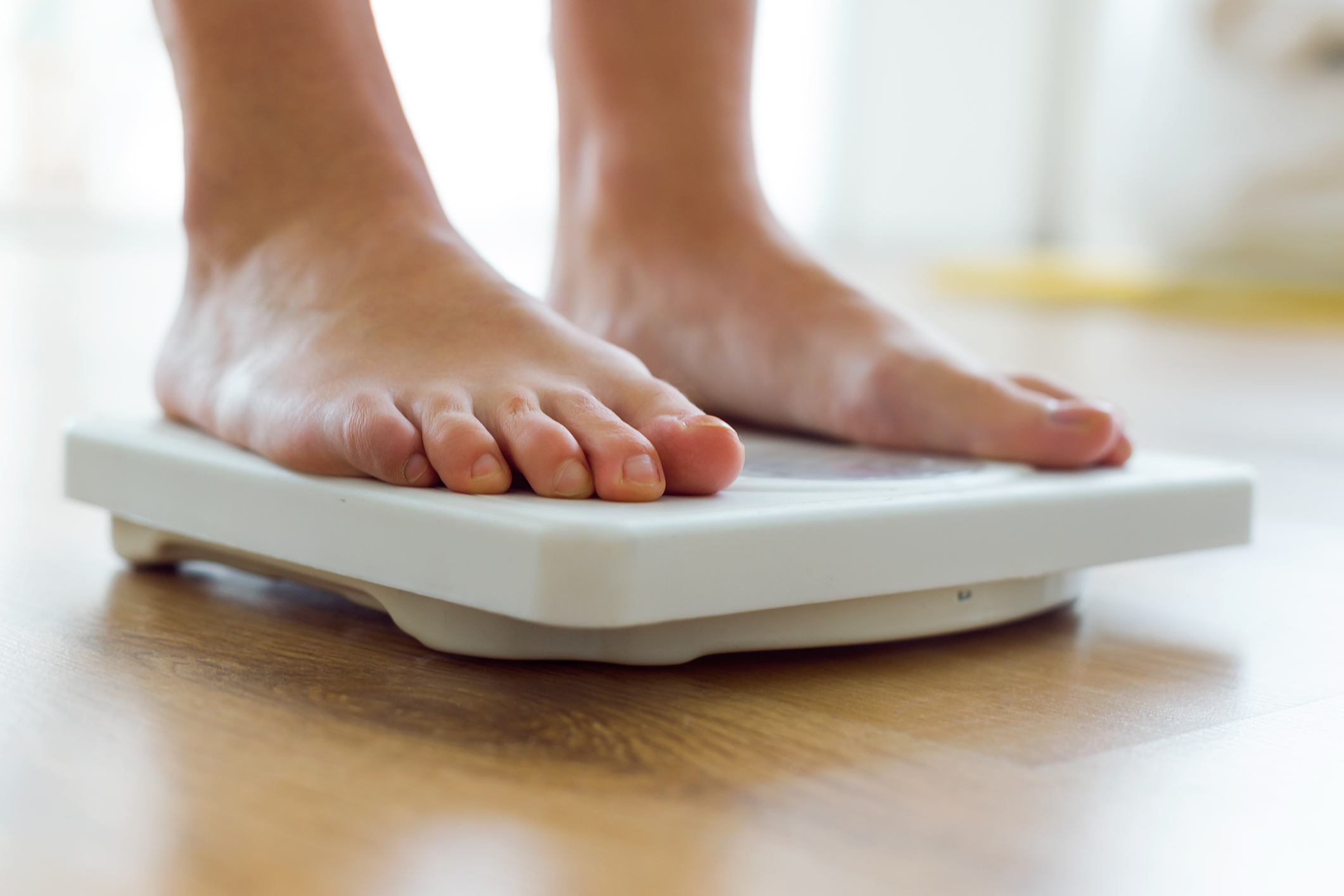
IF YOU ARE TRYING TO LOSE WEIGHT AND NOTHING IS WORKING
Losing weight can be difficult, so if you’ve tried everything and the pounds still aren’t coming off you might want to consider supplementing with a probiotic.
Obesity has been associated with dysbiotic shifts in the microbiome, either towards a lower number of good bacteria, or an overgrowth of harmful bacteria. It’s unclear whether having extra body weight can cause gut dysbiosis, or if disruptions to the microbiome can cause excess body weight.
Either way, supplementing with probiotics can be a good step to try to correct any microbial imbalances in your gut that could be affecting your weight.
Also, the use of probiotics for as little as three months has been shown to provide a significantly larger reduction in body weight and body fat percentage compared to not taking a probiotic.
Don’t think that probiotics will be that “magic weight loss pill” you’ve been hoping for if you’re not making other helpful habit changes.
But if you do have an underlying microbial imbalance, supplementing with probiotics might help you drop a few extra pounds along the way to getting a healthier gut.

IF YOU SUFFER FROM DEPRESSION OR ANXIETY
The more science uncovers about the human microbiome, the more we learn that gut bacteria play a huge role in your physiological well-being and mood (a result of something called the gut-brain axis).
This gut-brain relationship seems to be bidirectional. Meaning that changes in your microbes can affect how you think and feel (experiencing stress and anxiety for example), and changes in how you feel can affect your gut bacteria.
Studies have shown that the microbiome is also involved in the regulation of your stress response and central nervous system development. These both play critical roles in depression and anxiety disorders.
In a meta-analysis looking at the effect of probiotics on anxiety it was discovered that, after supplementing with probiotics, people with anxiety reported feeling less anxious than sufferers who did not take probiotics.
There’s no replacement for stress reduction techniques and seeking professional help for your anxiety or depression. And probiotics won’t replace medication.
But using probiotics might help get you on your way to feeling more like yourself if a gut imbalance is making things worse.
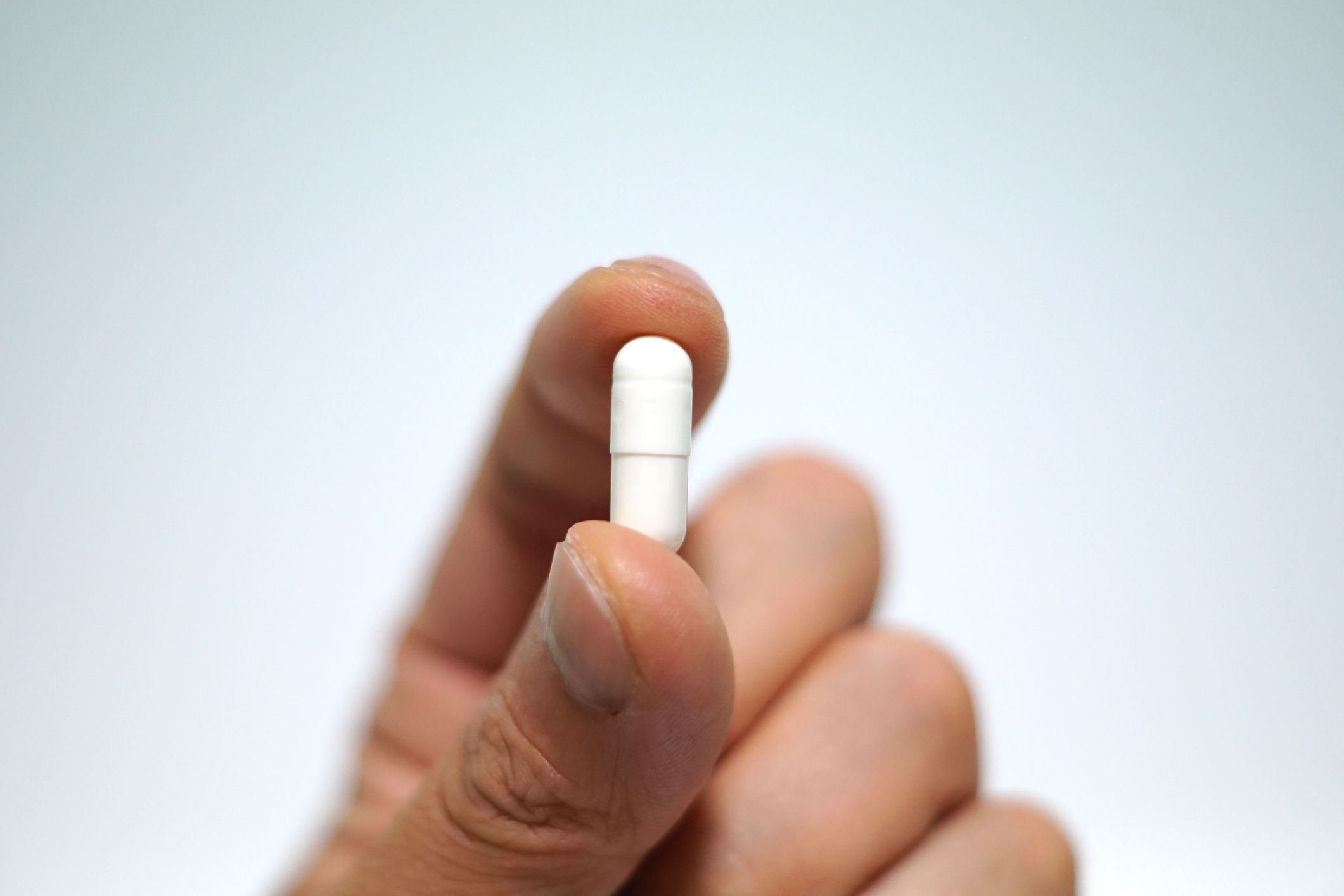
HOW TO CHOOSE THE BEST PROBIOTIC SUPPLEMENTS
There are so many different brands and strains of probiotics out there. If probiotic supplementation is right for you, here are some questions to ask to help you choose the best one.
IS THIS PROBIOTIC strain WELL-RESEARCHED?
It’s important to pick a probiotic that has research backing any claims made on its packaging. Even though two different brands of probiotics may contain the same strain of bacteria (lactobacillus plantarum for example), they might not both provide the same benefits.
You can usually tell if a probiotic has been extensively researched by reading its name. Look for a name that ends in a grouping of numbers and letters, known as the Strain ID (like lactobacillus plantarum 299v).
These probiotic strains have usually undergone extensive testing, and most likely have searchable scientific research articles to back any claims made about the product.
Lactobacillus plantarum 299v, for example, has been shown to effectively reduce IBS symptoms of abdominal pain and bloating. And lactobacillus reuteri DSM 17938 was found to improve symptoms of colic in babies.
Without the inclusion of the Strain ID, there’s no way for you to know if you are getting a strain that will have the same positive effects as what has been found in research for a specific strain.
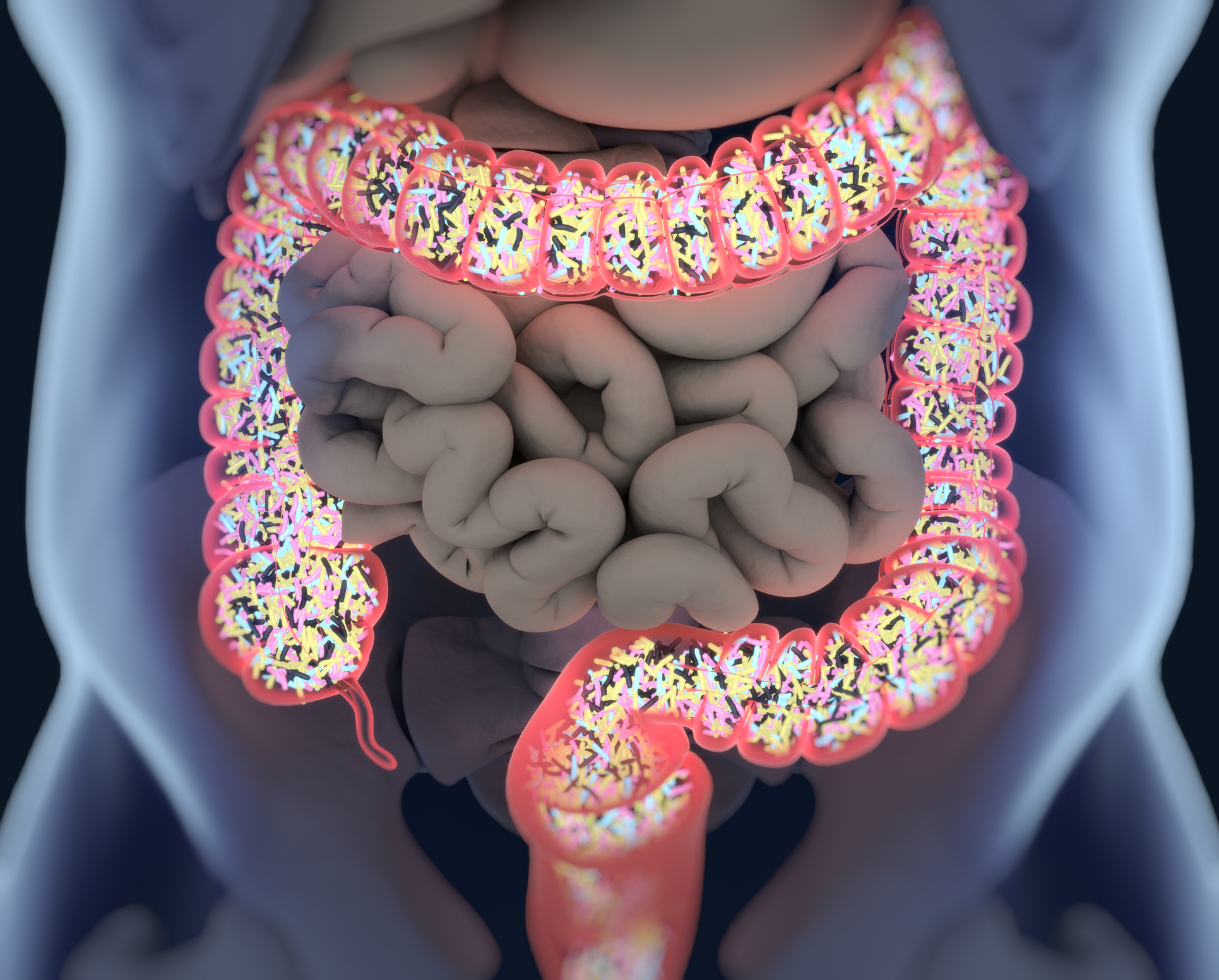
CAN THIS PROBIOTIC SURVIVE THE JOURNEY TO THE INTESTINES?
The stomach needs to be a highly acidic environment in order to allow for the proper digestion of protein and absorption critical vitamins and minerals. This acidity also serves as the first line of defense against pathogenic bacteria and viruses.
Unfortunately, your stomach acid can’t tell the difference between the bad bacteria from eating undercooked meat, and the good bacteria in your probiotic supplement.
The probiotic you take needs to have a mechanism in place to help the good bugs survive the gastric acid in the stomach and make it to the intestines where they’re needed.
Enteric coating has been shown to effectively protect probiotics from the harsh conditions of the stomach, and facilitate release of the bacteria in the intestines.
Without this coating, the probiotics you take may not make it to the intestines, and they won’t provide you with the same benefits.
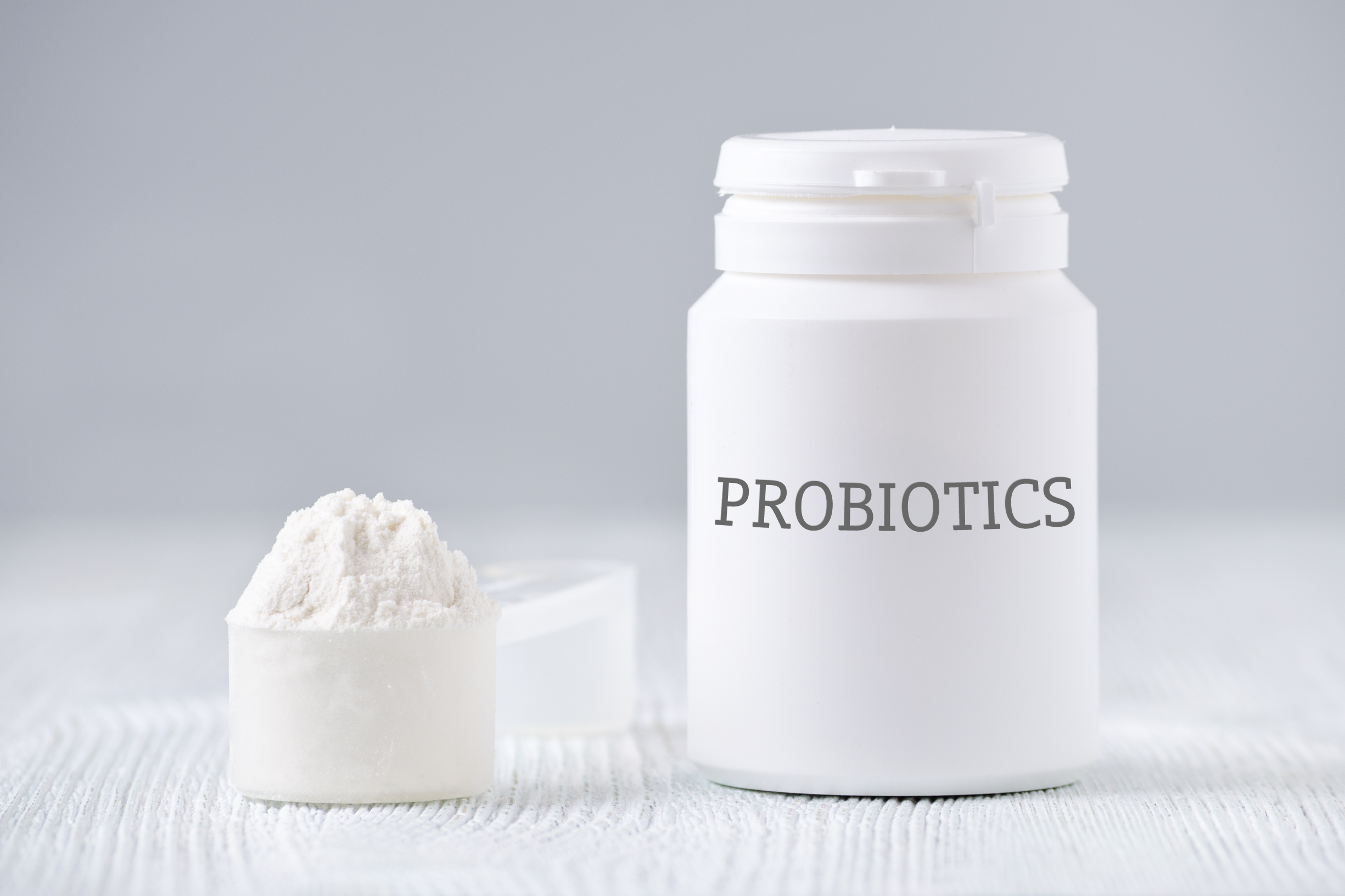
HOW MANY GOOD BUGS ARE IN EACH PROBIOTIC DOSE?
The amount of living bacteria in each probiotic dose is quantified by “Colony Forming Units” (CFUs). Probiotic manufacturers will often call out how many live-active CFUs are in their product at the time of manufacturing.
The CFU count of probiotics can range anywhere from 1 billion to 900 billion, and the cost of the supplement increases with the number of CFUs. So it’s important to actually know how many CFUs is enough for you.
In general, a good probiotic supplement will contain at least 1 billion live-active CFUs. This is a good maintenance dose if you just want to take probiotics every day to maintain your good health.
If you have an autoimmune disease, suffer from a gut infection, are taking antibiotics, or have some other medical need, look for probiotic supplements that have 10 – 25 billion CFUs. These will help supply a more therapeutic dose for your specific need.
Higher dose probiotic supplements, up to 900 billion CFUs, are available by prescription if you and your healthcare provider determine them to be necessary for your condition.
Probiotics are a tool, not a necessity
Probiotics are a great tool to add to your toolbox of supplements that can improve your overall health.
If you’re not experiencing any health issues, the best route for obtaining beneficial bacteria is to look for raw, fermented foods in the refrigerated section of the grocery store. Or you can try making them yourself at home!
If you have specific health concerns, or conditions you think might be helped by probiotic supplementation, I recommend speaking with a trusted medical professional.
Sign up to work one-on-one with me in order to get to the bottom of your health issues and determine if probiotic supplements are right for you!
This post may contain affiliate links. If you click on a link and make a purchase, I may receive a small commission.

+ show Comments
- Hide Comments
add a comment